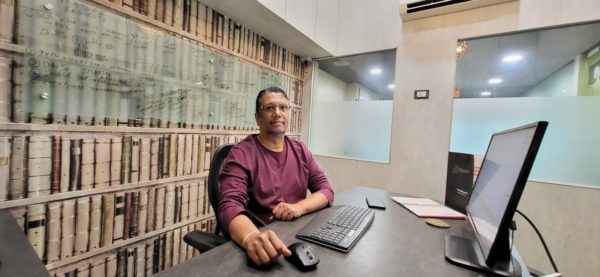Southeast Asia, a region particularly vulnerable to the intensifying impacts of climate change, is increasingly turning to technological innovation as a strategic response. Among the most promising solutions is AI-powered green tech, which offers a multifaceted approach to mitigating climate risks and fostering sustainable development.
AI-Driven Efforts to Battle Climate Change
Renewable Energy Optimization: AI-driven analytics are being employed to optimise the performance of renewable energy systems, such as solar and wind farms. By analyzing real-time data on weather patterns, energy demand, and system efficiency, AI algorithms enable more precise energy production and distribution, reducing reliance on fossil fuels. For instance, a recent report on sciencedirect.com it was revealed that AI-optimized solar farms in Japan have achieved an 11.3% increase in energy output.
Air Quality Prediction and Mitigation: AI-powered predictive modelling tools are being used to forecast air pollution levels, allowing authorities to implement timely measures to reduce emissions and improve air quality. The SERVIR project in Thailand, for example, has developed an AI-based system that accurately predicts air pollution levels up to three days in advance, enabling proactive interventions to protect public health.
Sustainable Agriculture: AI-driven technologies are revolutionizing agriculture in Southeast Asia by enhancing crop yields, reducing water consumption, and minimizing the use of chemical fertilizers. Precision agriculture, enabled by AI-powered sensors and drones, allows farmers to monitor crop health, optimize irrigation, and apply targeted treatments, leading to significant improvements in productivity and environmental sustainability. A recent study by the University of California found that precision farming, which uses real-time data on weather, soil moisture, and crop health to optimize planting, irrigation, and fertilization, can increase crop yields by up to 30%. The study also found that precision farming can reduce water usage by up to 40%.
The Role of Government Policy
While AI-powered green tech offers immense potential, its widespread adoption and impact will depend on supportive government policies and regulatory frameworks. Governments in Southeast Asia need to prioritize investments in research and development, incentivize innovation, and create conducive environments for the deployment of AI-driven solutions.
Key policy considerations include:
- Regulatory Clarity: Establishing clear and flexible regulations to facilitate the development and deployment of AI-powered green technologies.
- Data Privacy and Security: Implementing robust data protection measures to ensure the ethical and responsible use of AI.
- Public-Private Partnerships: Fostering collaborations between government agencies, research institutions, and private sector companies to accelerate innovation and knowledge sharing.
- Skill Development: Investing in education and training programs to equip the workforce with the necessary skills to develop, implement, and maintain AI-powered solutions.
By embracing AI-powered green tech and implementing sound policies, Southeast Asia can not only mitigate the impacts of climate change but also position itself as a global leader in sustainable development.













